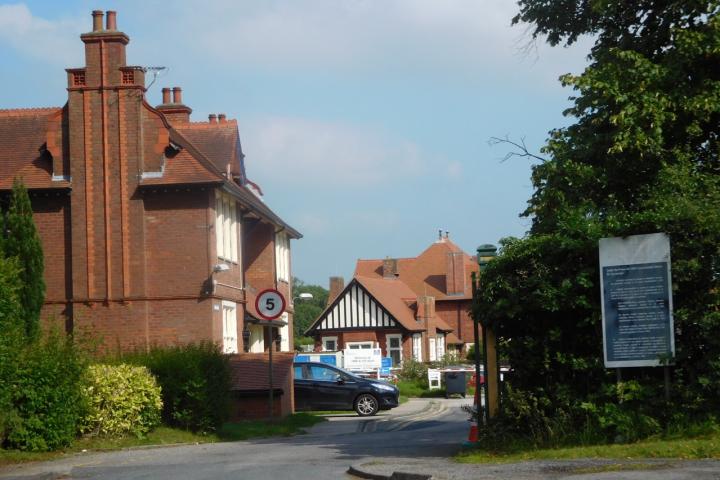
Inspectors visiting HMP Styal found a deterioration in safety, with positive drug test results now the highest in the women's estate.
During their visit in December, HM Inspectorate of Prisons (HMIP) also discovered a lack of enhanced gate security, an X-ray machine and a body scanner undermined the prison's efforts to stop the ingress of drugs of which 44% of surveyed women said they were easy to get hold of.
The rate of self-harm was the second highest of all 12 women's prisons, with over 5,200 reported incidents in the past year. In the same period, 39 women had been sent to the prison due to their acute vulnerabilities and the absence of specialised support in the community. Additionally, 30 had been referred for transfer to hospital under the Mental Health Act (MHA). Some complex and mentally unwell women spent time in segregation, with dedicated officers unable to provide the specialist care they needed.
There was also much to commend at this inspection, including the Prison Advice and Care Trust's work to support women to maintain family ties, innovative and creative activity sessions and workshops, and extra support for new arrivals. However, for some women, day-to-day frustrations undermined much of this good work, affecting their ability to cope and leading to self-harm. This included an inability to resolve basic requests through the applications system, long periods of lock up and anxiety caused by a lack of contact with their children. Low staffing levels aggravated these problems, with one officer required to supervise two or three houses at a time.
Most women lived in detached houses that required urgent and significant investment to address fire safety concerns and provide basic levels of decency. Education provision needed improvement, with a weak curriculum and poorly attended classes, as did release planning, with most women released without sustainable housing or homeless, including some who presented serious risk of harm to themselves and others.
HM Chief Inspector of Prisons, Charlie Taylor said "The vulnerabilities of the women were evidenced everywhere; notably in the amount of mental health need, the four self-inflicted deaths, and near doubling of the amount of self-harm recorded since we last inspected. Many other safety indicators were similarly concerning.
"Access to staff was reduced considerably, a fact keenly felt by the women. This was compounded by very little key work support, which limited women's ability to get their requests or complaints dealt with without resorting to formal systems. The lack of access to officers was arguably one of the most important issues to address at Styal."
Campbell Robb, CEO of Nacro social justice charity, commented "It is shocking that this report reveals most women were released from HMP Styal homeless or without sustainable housing. At Nacro we witness first-hand how homelessness makes women particularly vulnerable to abuse, often trapping them in a vicious cycle, which can in turn lead them back to prison. Failure to secure a safe space for women upon release not only endangers them at a moment of immense vulnerability, it also fundamentally undermines efforts to rebuild their lives after prison.
"The report also details that ¾ of respondents in the women's prison had a mental health problem. This reflects a concerning trend across the country in which we see soaring rates of poor mental health occurring alongside increased instances of self-harm and substance misuse across the women's estate. It is deeply troubling, yet unsurprising, that in the vacuum created by a lack of adequate staffing to support increasingly complex needs, more women in prison are turning to substance misuse and self-harm to cope at HMP Styal.
"If the Government is serious about addressing the number of women in prison, it must recognise the gender-specific needs and risks that these women experience and build access to essential services both in prison, and in the community. This looks like prioritising adequate housing provision, access to mental health support and the facilitation of connection with family."








